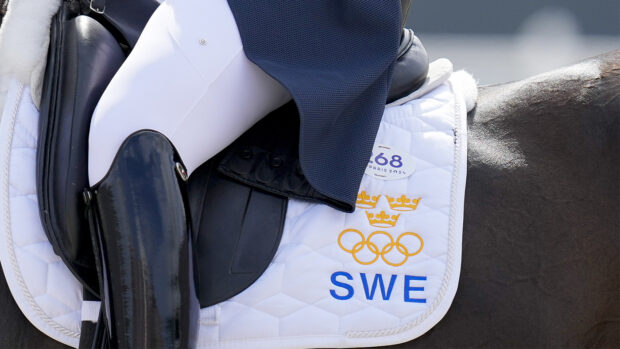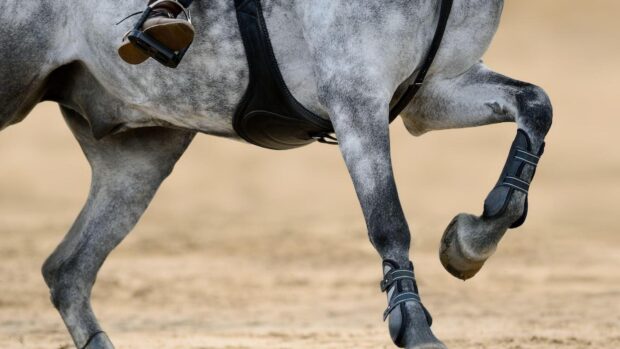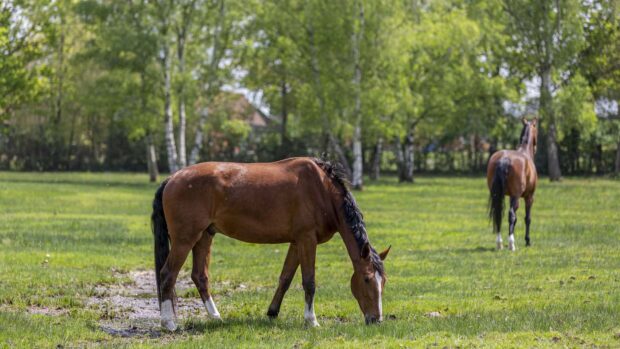A shocking report commissioned by the Welsh Assembly has uncovered “significant welfare problems” in the UK horse industry.
It demonstrates how ill-equipped we are to fight an outbreak of serious disease and has been hailed as a blueprint for change.
The three-year project looked closely at the horse population across three counties and highlights concerns in all aspects of horse care — from breeding and stabling to feeding, passports and import and export.
Graham Capper of Wrexham Council’s trading standards team led the study, which ended in March, and found that while there is much responsible horse husbandry, parts of the horse industry are corrupt or negligent.
A roadmap for the equestrian industry
The report was described as “a roadmap for the horse industry” by Nic de Brauwere, chairman of the National Equine Welfare Council.
“The problems highlighted in Wales are common across the UK,” he said.
“There will be no surprises to those involved in horse welfare, but now we have figures and proof.”
The results will be reviewed by the Welsh government and Mr Capper is also presenting the findings to Defra.
Project officer Sarah Lee visited every horse property and venture she could find in Wrexham, Flintshire and Denbighshire, from racing yards and studs, to DIY liveries and even feed merchants.
Appalling breeding practices
Ms Lee assessed that “very high numbers of poor quality equines” are being produced.
Thirty-four per cent of the 101 breeding stallions she saw had poor conformation, as did 5% of broodmares.
Similar numbers were too aggressive or anxious to make good breeding stock.
Welfare standards were poor at 31% of breeding establishments, with inadequate fencing, grazing strewn with poisonous plants and safety hazards and no separation of stallions, mares, foals and youngsters.
Most transporters ‘illegal’
The researcher worked with North Wales police and the Vehicle and Operator Services Agency (VOSA) to stop vehicles on roads across the area, including those coming from or to the port of Holyhead.
Of 60 vehicles inspected, only eight complied with transportation legislation.
And although nearly 62% of 1,384 horses checked complied with the passport regulations, 12.41% had no passport, 7.14% were registered to a previous owner and others appeared to be for another animal.
The Welsh Assembly government had been dissolved as H&H went to press, following elections on 5 May, but a spokesman said: “The project findings will be considered before recommendations are drawn up and put before the new government.”
This news story was first published in the current issue of Horse & Hound (12 May, 2011)




